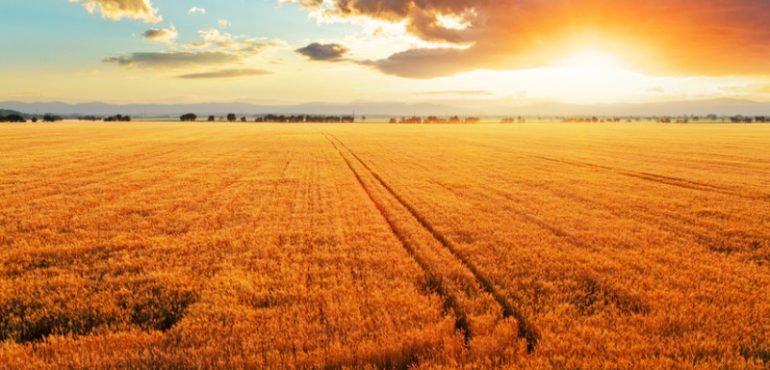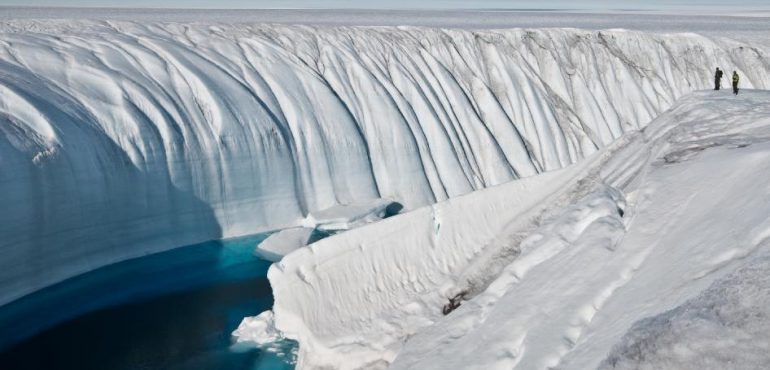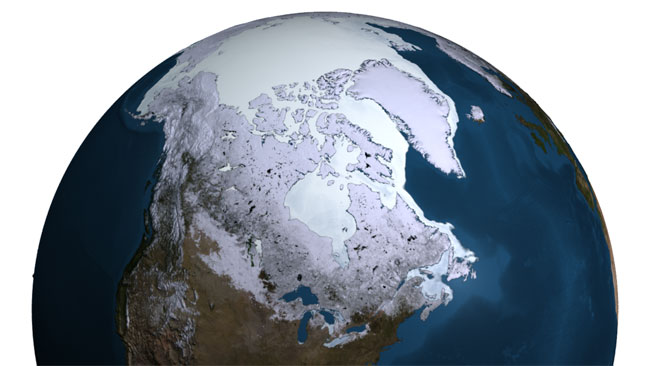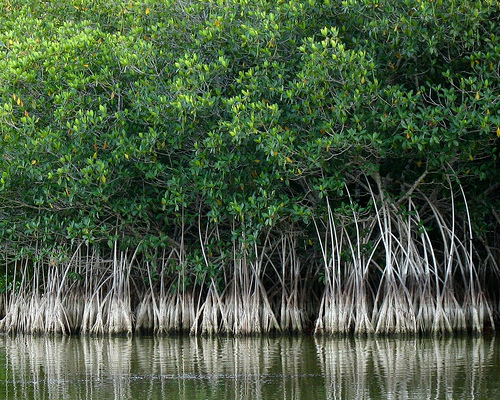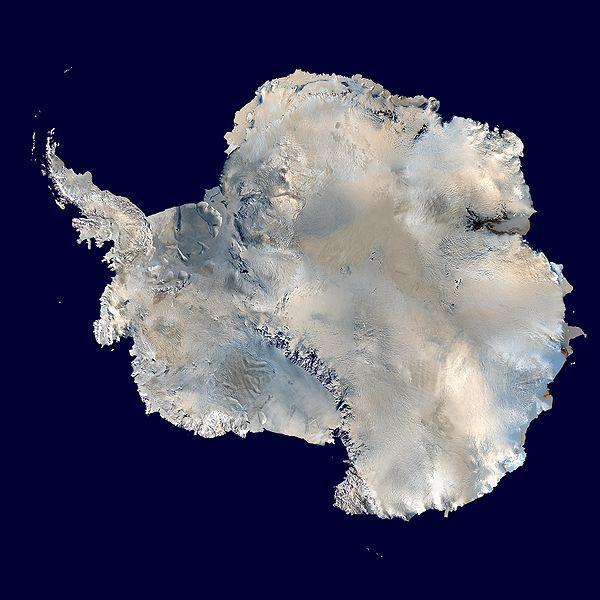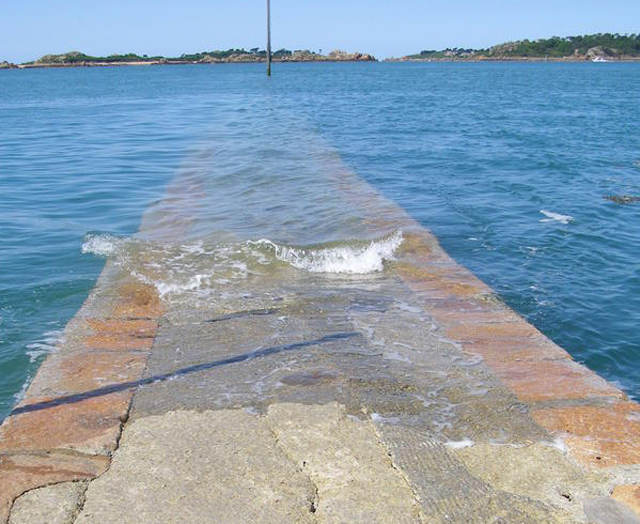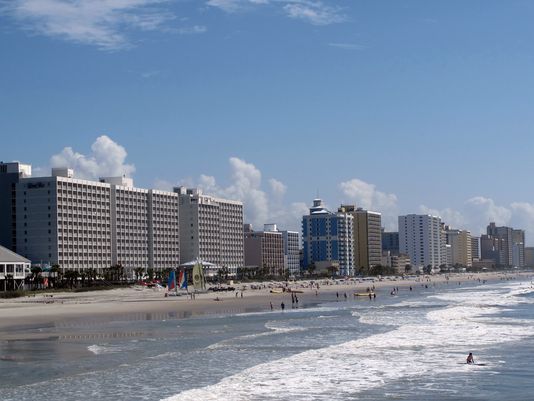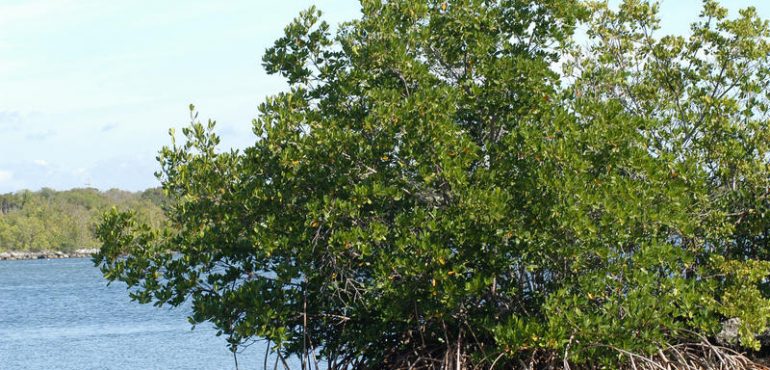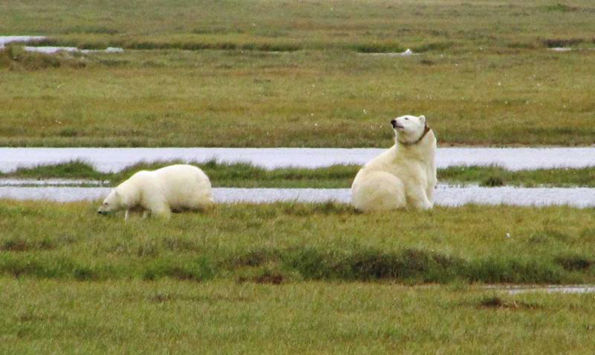A study led by the University of Leeds has shown that global warming of only 2°C will be detrimental to crops in temperate and tropical regions, with reduced yields from the 2030s onwards. Professor Andy Challinor, from the School of Earth and Environment at the University of Leeds and lead author of the study, said:…
Read more
Climate change will reduce crop yields sooner than thought
